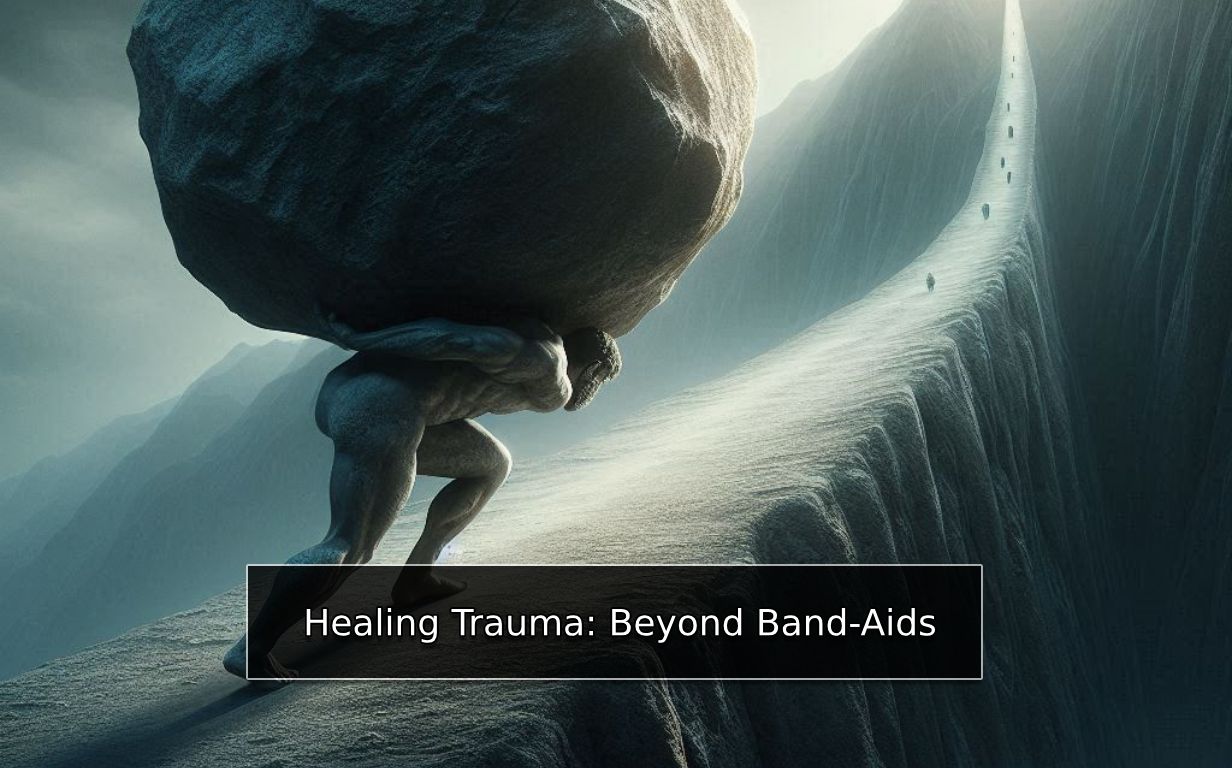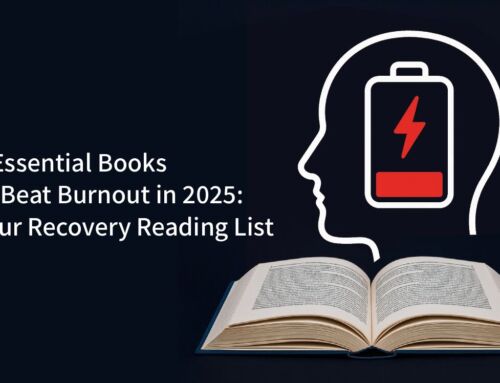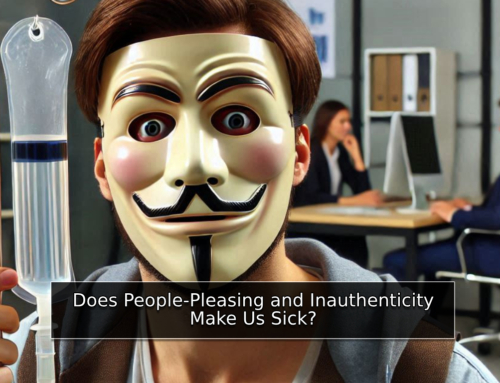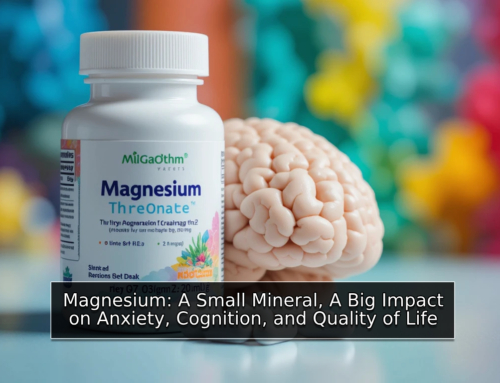Healing Trauma: Beyond Band-Aids
Can "good things" heal a wounded soul?
We all seek happiness. But what happens when a traumatic event leaves a deep scar? Can a dream vacation or a new purchase heal that wound? Let's understand why "good things" alone aren't enough and explore healthier ways to cope with trauma together.
They say "time heals all wounds." But what if a wound doesn't heal? What if a traumatic experience leaves a deep mark on the soul? Trauma is more than just a scratch; it's an open wound in the psyche, a wound that requires special care. A person carrying trauma is like Sisyphus, pushing his boulder up an endless hill. As long as he doesn't put down the boulder, every step will be a heavy burden and torment. As long as the boulder is on his shoulders, no "compensation" will reduce the burden.
We live in a world that promotes quick and easy solutions: a new purchase, a pampering vacation, or just something else to occupy our thoughts. When it comes to trauma, the desire to escape the pain and focus on the good things is completely understandable. But can "good things" serve as a bandage to cover an open wound? Can you "fix" trauma with a dream vacation or a new purchase? Let's delve deeper into our assumptions about healing and understand why treating trauma requires direct attention to the inner wound.
Trauma and the crack in the wall
Imagine a wall with a large crack. Instead of fixing the crack, we hang beautiful pictures on the wall. The pictures might add color to the room, but they don't solve the underlying problem – the crack is still there. That's exactly how it is with trauma. It's like an open wound in our soul. Adding "good things" to our lives is like hanging pictures on the wall. It can give us a temporary sense of well-being, but it doesn't heal the deep wound.
Why isn't adding "good things" enough?
- Suppression instead of processing: When we try to suppress trauma through pleasures, we are actually preventing ourselves from processing the difficult emotions associated with it. It's like trying to put out a fire with a blanket. The emotions don't disappear, they are simply hidden beneath the surface.
- Ongoing symptoms: Even if we manage to distract ourselves for a while, the symptoms of trauma (such as anxiety, depression, and flashbacks) may return with greater intensity.
- Inability to live a full life: To live a full and meaningful life, we must confront the trauma and allow ourselves to heal. Trauma leaves a deep mark on how we perceive the world and ourselves.
So what do we do?
Healing trauma is a personal and complex process, but there are effective ways to cope with it. Therapies such as trauma-focused ACT (TF-ACT) and CBT offer practical tools for coping with trauma and improving quality of life. How do therapies like TF-ACT and CBT help?
- Understanding thoughts: These therapies help us identify unhelpful or distorted thoughts related to trauma and learn to relate to them differently.
- Managing emotions: Instead of suppressing or avoiding difficult emotions, we learn how to accept their existence and cope with them effectively.
- Changing behaviors: Therapies provide practical tools for changing unhelpful behaviors associated with trauma, such as avoidance, isolation, or disconnection.
- Accepting reality: TF-ACT emphasizes the importance of accepting the traumatic experience as an event that happened in the past, and not something that controls the present.
In conclusion, therapies like TF-ACT and CBT provide powerful tools for coping with trauma. By understanding thoughts, managing emotions, changing behaviors, and accepting reality, we can begin a deep healing process and regain control of our lives. Remember: You are not alone. Professional help is available.
Note: This post is for informational purposes only and should not replace professional medical advice. If you are struggling with trauma, it is important to seek professional help.
Contact now
Ready to take the first step towards positive change? Contact me now for more information and to schedule an appointment. Whether you prefer in-person sessions in Tel Aviv or virtual meetings via Zoom, my integrated approach of Cognitive Behavioral Therapy (CBT) and Acceptance and Commitment Therapy (ACT) can help you break free from struggles and find greater fulfillment in life. I'll be sure to get back to you as soon as possible. Let's embark on this transformative journey together!
Call Whatsapp 052-2325511
Or fill out the following form.
Can ACT and CBT assist you or your loved ones?
Welcome to my therapy practice, where I offer a powerful combination of Cognitive Behavioral Therapy (CBT) and Acceptance and Commitment Therapy (ACT) techniques. CBT is a goal-oriented, short-term approach that's highly effective for anxiety, depression, low self-confidence, and more. ACT complements CBT, helping you navigate life's challenges and find fulfillment and authentic, happier life.
If you're struggling with anxiety, depression, low self-image, or facing setbacks, CBT combined with ACT may be the key to transforming your life. Break free from the struggle and take a step towards a happier, more fulfilling life.
Contact me today to schedule an appointment and embark on your journey of positive change. You don't have to face it alone; I'm here to support you every step of the way. Let's work together to create the life you deserve!





